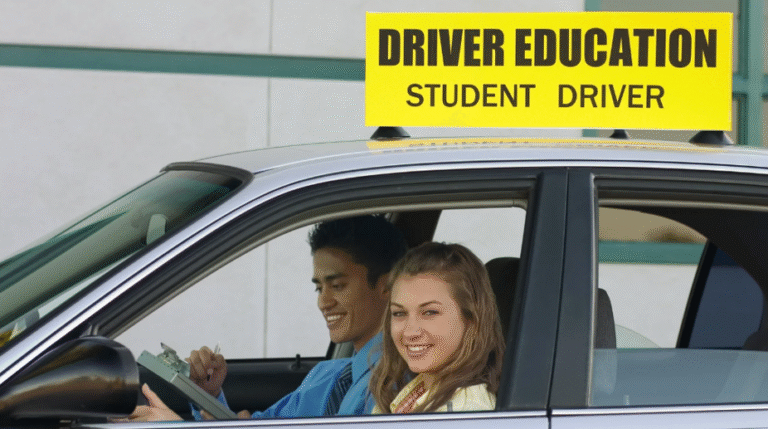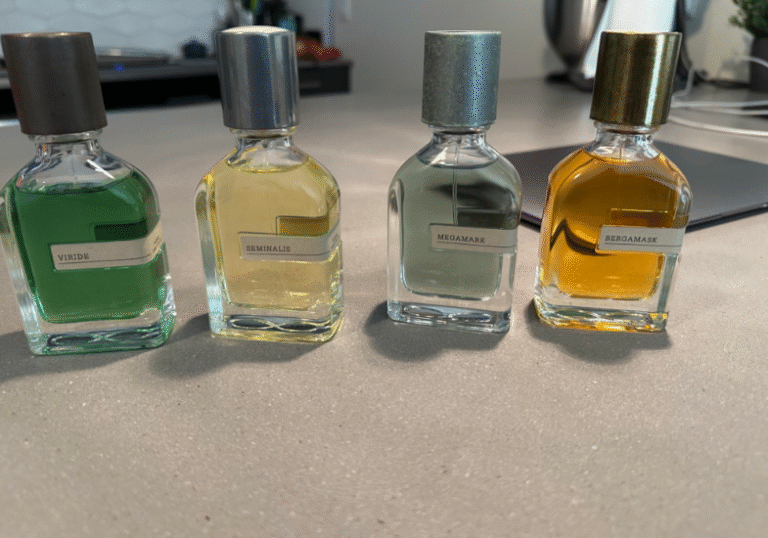Polygraph Tests in Nevada: Everything You Need to Know
Polygraph tests, often called lie detector tests, have fascinated the public for decades. In Nevada, where both high-stakes legal cases and sensitive employment positions often demand truth verification, polygraph testing plays an important role. Yet, despite their popularity in police investigations, employment screening, and even personal disputes, polygraphs remain controversial. Questions about their reliability, legality, and ethical use are common, particularly for those facing one for the first time. This article provides a detailed look at polygraph tests in Nevada—what they are, how they work, when they can be used, and what limitations exist.
What Exactly Is a Polygraph Test?
A polygraph test, commonly known as a lie detector test, is a scientific procedure designed to measure physiological changes in the body while a person answers questions. The underlying assumption is that lying creates stress or arousal, which shows up in physical reactions.
The test measures:
- Blood pressure and heart rate – Stress can cause cardiovascular changes.
- Breathing rate – Shifts in breathing patterns may occur under pressure.
- Skin conductivity – Also called galvanic skin response, this measures sweating.
During a polygraph session, the examiner asks both neutral and relevant questions while monitoring these responses. By comparing reactions, the examiner forms an opinion about whether the person is being truthful.
The Role of Polygraph Tests in Nevada
Nevada, polygraph tests are used across a variety of contexts. They are not limited to police investigations but extend to employment, corrections, and even private disputes. Some of the most common uses include:
- Employment Screening – Certain jobs in Nevada, particularly in law enforcement, corrections, and security-related fields, may require applicants to undergo polygraph tests as part of the background investigation process.
- Probation and Parole Monitoring – In some cases, polygraphs are used to ensure compliance with probation or parole conditions, especially for high-risk offenders.
- Private or Civil Matters – Individuals sometimes use polygraph tests voluntarily in personal disputes, such as relationship conflicts or business disagreements. While not legally binding, the results may carry persuasive value in mediation or arbitration.
How Accurate Are Polygraph Tests?
Supporters of polygraph testing argue that when properly administered by a trained examiner, the test is between 80% and 90% accurate. They view it as a useful tool for detecting deception in settings where honesty is critical.
Critics, however, caution against overreliance on polygraph tests. Physiological responses can be influenced by many factors unrelated to lying, including:
- Anxiety or nervousness
- Stress from being in a high-pressure situation
- Medical conditions affecting heart rate or respiration
- Personality traits that influence stress response
A nervous but truthful individual may appear deceptive, while a calm but dishonest person may pass the test. For this reason, polygraph results in Nevada are best viewed as supplementary rather than conclusive.
See also: More Than a Hoodie: The Untold Meaning of Trapstar in Real Life
Preparing for a Polygraph Test in Nevada
If you are scheduled to undergo a polygraph test in Nevada, preparation is key. While you cannot “study” for a lie detector test, you can reduce unnecessary anxiety by understanding the process.
- Know Why the Test Is Required – Whether it’s for a job, investigation, or personal matter, clarity about the purpose helps reduce stress.
- Participate in the Pre-Test Interview – Examiners typically explain the process and review questions before the test begins. This stage allows you to clarify concerns and understand expectations.
- Stay Calm and Focused – Nervousness is natural, but deep breathing and calm thinking reduce the chance of false positives.
- Avoid Countermeasures – Attempts to manipulate results are often detected by experienced examiners and may undermine credibility.
Being open and cooperative is usually the best approach.
Costs of Polygraph Tests in Nevada
The cost of polygraph testing in Nevada depends on the provider and purpose. Private polygraph tests typically range from $200 to $600, though specialized or court-related exams may cost more.
Law enforcement-related tests are usually funded by government agencies, while private individuals or employers bear the cost of independent tests. It is important to choose a licensed and certified examiner to ensure the test is conducted according to professional standards.
Advantages and Drawbacks of Polygraph Tests
Like any tool, polygraph testing comes with both strengths and weaknesses.
Advantages:
- Useful in investigations to narrow down suspects.
- Acts as a deterrent against dishonesty in sensitive positions.
- Can provide reassurance in personal or business disputes.
Drawbacks:
- Results are not always reliable or admissible in court.
- Nervousness may cause misleading results.
- Not a substitute for hard evidence or thorough investigation.
For these reasons, polygraph tests in Nevada should be considered one piece of the puzzle, not the final answer.
The Future of Lie Detection in Nevada
Advancements in science may shape the future of polygraph testing in Nevada. Researchers are exploring new techniques, including brain imaging, artificial intelligence, and voice stress analysis, which may one day offer greater accuracy than traditional polygraphs.
Nevada, a state known for adopting innovative practices, may eventually see these methods integrated into law enforcement and employment screening. However, the ethical debate surrounding privacy, fairness, and reliability will continue to influence how such technologies are adopted.
Nevada Location
- Las Vegas – 1980 Festival Plaza Drive, Las Vegas, NV 89135
- Las Vegas – 9205 West Russell Road, Las Vegas, NV 89148
- Las Vegas – 71 South Las Vegas Boulevard, Las Vegas, NV 89119
- Las Vegas – 2300 West Sahara Avenue, Las Vegas, NV 89102
- Las Vegas – 101 Convention Center Drive, Las Vegas, NV 89109
Conclusion
Polygraph tests in Nevada serve as a valuable, though imperfect, tool in both professional and personal contexts. Whether used in criminal investigations, employment screening, or private disputes, polygraphs provide insights into truthfulness—but not with absolute certainty.
While they are rarely admissible in court, lie detector tests remain an influential part of Nevada’s investigative and employment landscape. For those facing a polygraph, understanding the process, its limitations, and its legal framework can help reduce anxiety and ensure informed decision-making.






